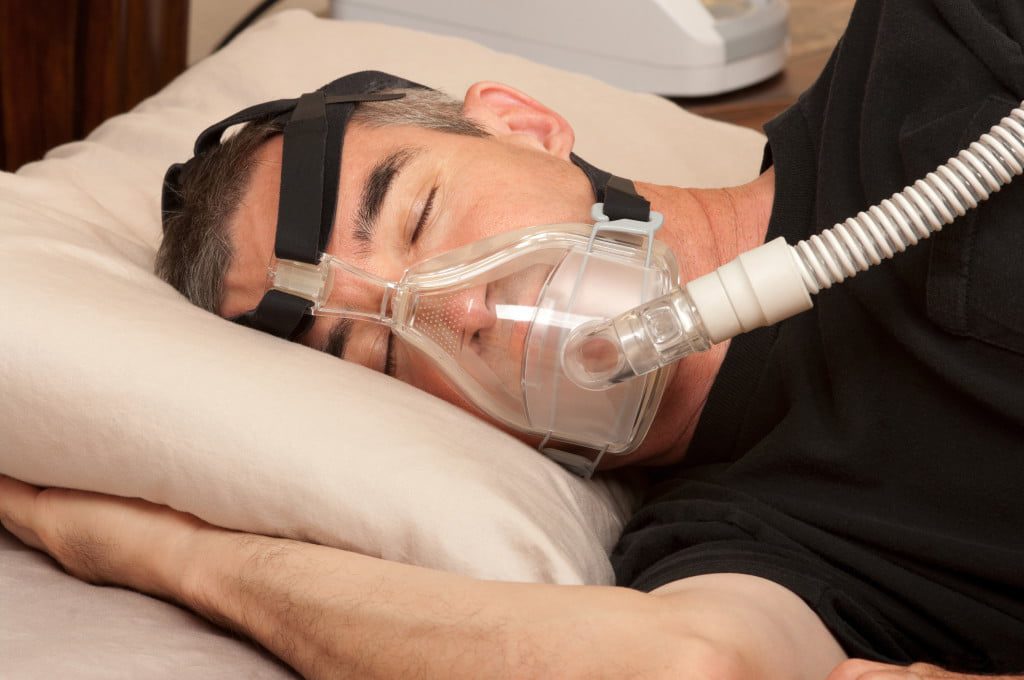 Sleep problems can be challenging at any age, but seniors face additional difficulties in that their problems are often hard to resolve and are sometimes unrecognized. When seniors do sleep, they may wake up more often and sleep less deeply. This is part of the reason that many seniors end up napping during the day.
Sleep problems can be challenging at any age, but seniors face additional difficulties in that their problems are often hard to resolve and are sometimes unrecognized. When seniors do sleep, they may wake up more often and sleep less deeply. This is part of the reason that many seniors end up napping during the day.
This means that sleep for seniors is often a major issue. Additionally, seniors and caregivers often do not have the knowledge to adequately address the issues experienced.
Despite many myths to the contrary, seniors actually need the same amount of sleep as other age groups, even though many of them may not be getting it. Many seniors also need to spend more time in bed to get the same amount of sleep as younger people because the sleep of seniors tends to be less efficient.
Sleep in seniors is such an important area because close to half of seniors report some issue in maintaining or initiating sleep. In long-term health care facilities, this level can be even higher.
Additionally, sleep disorders can significantly lower quality of life by contributing to sleepiness in the daytime and a lack of energy. This can also make it harder for the senior to engage in social activities, to care for themselves or to be physically active.
Poor sleep can also contribute to other issues, including difficulty in concentrating and confusion.
So, addressing sleep for seniors really is an important area and one that is overlooked far too often.
There are many potential causes of sleep problems in seniors, and these vary from one senior to the next. Yet, these causes tend to fall into two general areas. Despite the frequent complexity of issues with sleep, the problem is one that can be resolved.
Recognizing a Sleeping Problem
A key indication of a significant sleeping problem is when the symptoms start to impair day-to-day functioning – such as when a senior experiences a high level of tiredness and fatigue regularly.
In some cases, the symptoms of a sleeping problem may be the only information you have to go on.
For example, sleep apnea is a common problem that can affect the quality of sleep, yet, most people suffering from the condition are unaware of it.
This pattern is particularly true in cases where the quality of a person’s sleep is impaired, rather than the amount of sleep they actually get.
Other important indications of a sleeping problem include when a person has trouble falling asleep for multiple nights in a row, when they seem to be frequently waking up without cause or when they no longer feel rested after a full night’s worth of sleep.
There is no set period for when a person should contact a doctor, but generally speaking, it is a good idea to try and follow practices to promote healthy sleep first.
This can include things like cutting out caffeine before bed and choosing a good time to go to sleep every night.
These practices can help promote sleep for seniors and also in other age groups
It’s also important to consider stressors that may be contributing to a sleep problem. People often experience sleeping problems at some point in their life as the result of some form of external stress. That stress can make it hard for them to ‘switch off’ when it is time to sleep and can contribute to general anxiety.
If this is the case, finding ways to reduce the stress can be a simple and effective way of also improving sleep problems.
Once again, one good indication that it is time to talk to a health care professional is simply when the symptoms of a sleeping disturbance start to impair daily functioning – especially if this is occurring over a period of weeks to months.
Medical Issues
Both diagnosed and undiagnosed health issues can strongly contribute to sleep problems in seniors. Some of these may be immediately evident while others are more difficult to determine.
For example, sleep apnea is one common diagnosis that can have negative impacts on the ability to sleep. With sleep apnea, a person’s breathing is interrupted as they sleep, meaning that the brain and the rest of the body potentially do not get enough oxygen.
This also has strong impacts on the quality of sleep that people experience. However, one challenge is that unless it is diagnosed, people may not even realize that they have sleep apnea.
Likewise, sleep problems might be a side effect of a medical condition, such as Alzheimer’s disease, depression or chronic disease. In some cases, it may be the health problem itself that is limiting a person’s ability to sleep. In other cases, it may be factors like pain from the health condition.
Another medical issue that can occur is problems with heart rhythm, which can also prevent seniors from having a restful night’s sleep.
Medication can also help or hinder sleeping in seniors.
In many cases, seniors may be on a large number of different medications, making it difficult to pinpoint exactly what medication is causing the issue.
For example, both beta-blockers and alpha-blockers (which treat hypertension and some other conditions) can cause issues with sleep, as do ACE inhibitors (e.g. Altace and Monopril) and some antidepressants. You can find a more detailed list of medications that can contribute to sleeping problems at AARP, but a medical professional can also help you pinpoint medications that may be causing issues.
One final example of medical issues causing challenges with sleep is pain – such as pain as the result of arthritis or because of an operation.
To make matters worse, issues like these will often co-occur, making it more difficult to diagnose the cause of the sleeping problem.
So, there may be multiple things influencing sleep for seniors, which makes the process of figuring out solutions quite challenging
Finding solutions to medical aspects of sleep problems in seniors will involve consulting a healthcare provider and often specialists. Even then, it can often take quite some time to figure out how to resolve the issues – so having patience is important.
Psychological Issues
 Psychological problems can also often be the root of sleeping issues. For example, seniors can often experience anxiety as a result of aging or challenges that they are experiencing in life.
Psychological problems can also often be the root of sleeping issues. For example, seniors can often experience anxiety as a result of aging or challenges that they are experiencing in life.
Another example is depression, which can often mean that people either sleep less than they need to or considerably more than they need to.
Another issue is that as people age, their internal clock shifts towards going to bed earlier and waking up earlier.
This can often catch seniors who stay up late unawares, as they will frequently wake up at a similar time regardless, leading to sleep deprivation.
Finding Solutions
As you can see, there are many different potential causes of sleep problems in seniors and I’ve only addressed a very limited number of these.
Frequently, the issues can be complex and there are multiple different factors causing them.
This can make it hard to find solutions, but nevertheless, it is important to persevere as getting a restful sleep is something that should be achievable at any age.
Seeking advice and guidance from a health care professional is critical in helping to ensure that sleeping problems are resolved.
A health professional can use a number of techniques to determine the causing factors of a sleeping problem. These include looking at the medications being taken as well as the mental and physical health of the senior. In some cases, a sleep study may be used as a way of determining what is occurring while a person is sleeping.
There are multiple types of treatment that can be used to help resolve sleeping issues.
Which approaches are used will depend on the type of sleeping problem that the senior is experiencing.
For example, one common way of treating sleeping problems can be sleeping medication. However, any medication has to be carefully tailored around what the senior is already taking. If they are on a number of different medications, it may be difficult to find a suitable medication.
If the sleep problems are the result of sleep apnea, a CPAP machine may be used. If they are the result of a medication, an alternative medication might be found.
Even if the cause of the sleep problem is not easily resolved, there are a number of different ways of addressing the problem.
Behavioral treatments, yoga, meditation, relaxation techniques, help in developing healthy sleep habits and therapy are all different ways that can be used to help promote healthy sleep. Some of these are also ways that individuals can try for themselves.
Another key approach is to help the senior try to go to sleep and get up at the same time each day.
Having a routine can help to make it easier to sleep and this can mean that the body becomes accustomed to going to sleep at certain times. This is an example of a healthy sleep habit.
At the same time, choosing realistic times for sleeping and waking is also important. The sun during the day and darkness at night can help to reinforce a good sleeping pattern, making it easier to develop a consistent habit for sleeping times.
Herbal remedies can also play a role in treating sleeping problems for some people, as can natural remedies, like a glass of warm milk at bedtime.
While those approaches may not work for everyone, they are especially valuable for people who want to avoid medication. They are also important as a way to try and treat the issue before seeing a doctor.

Leave a Reply